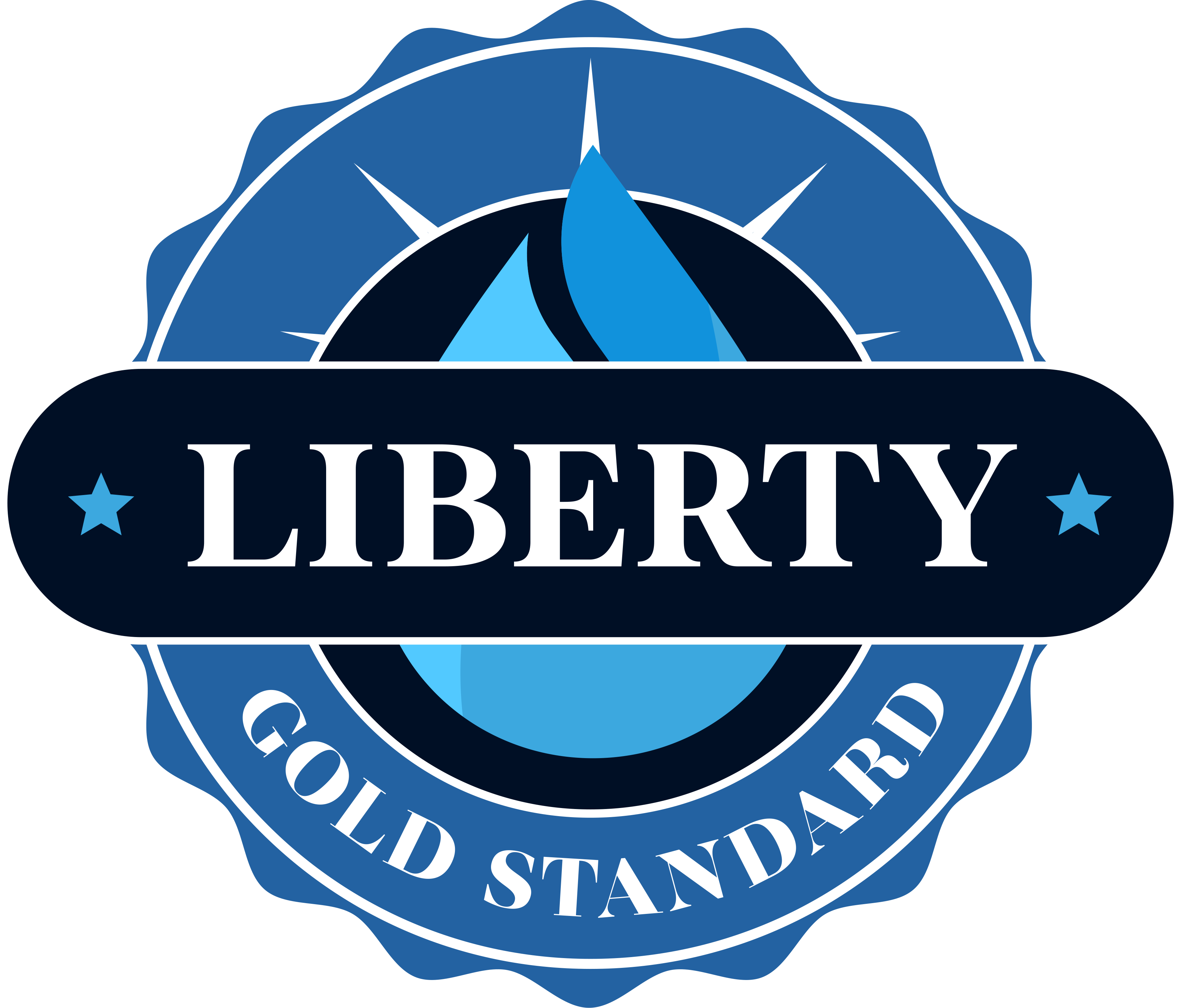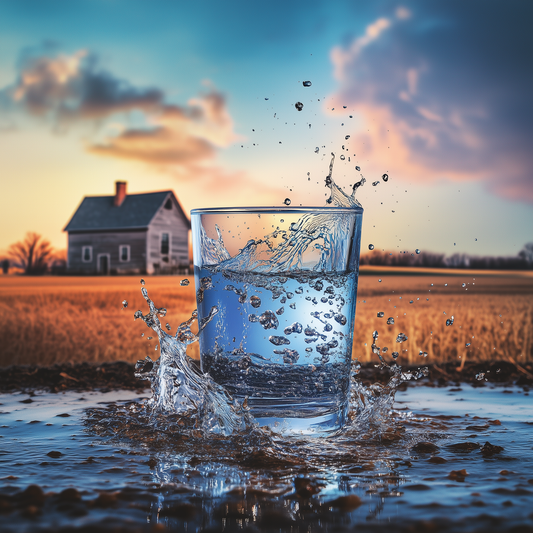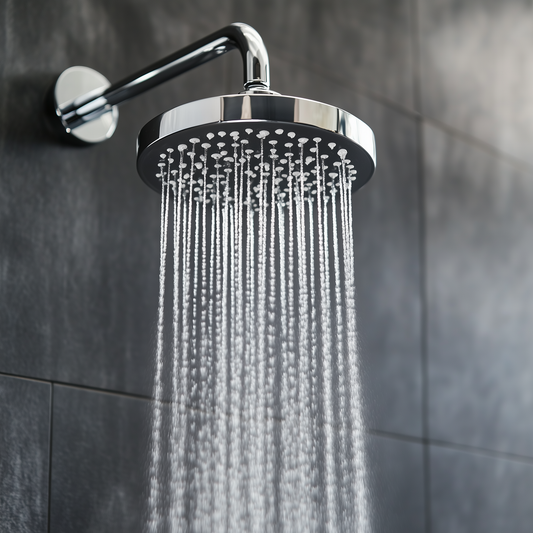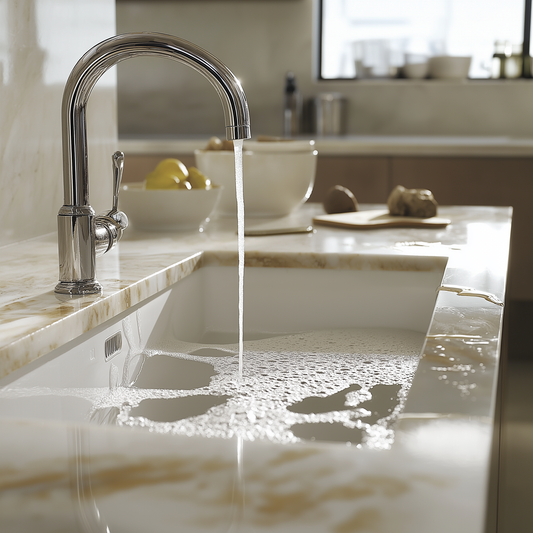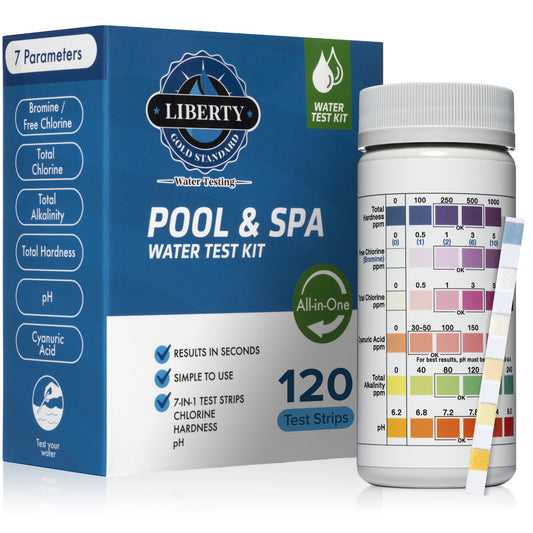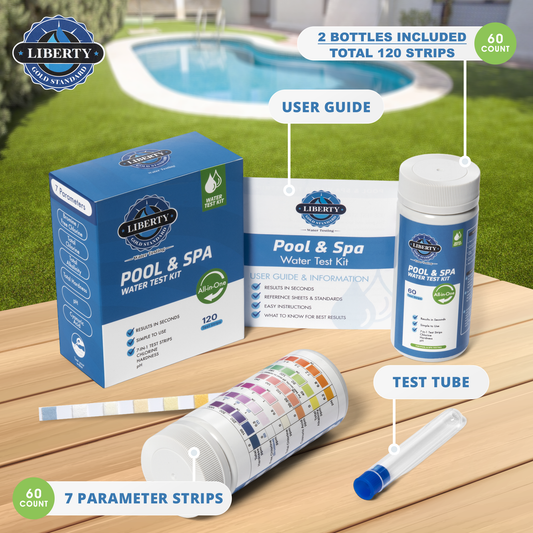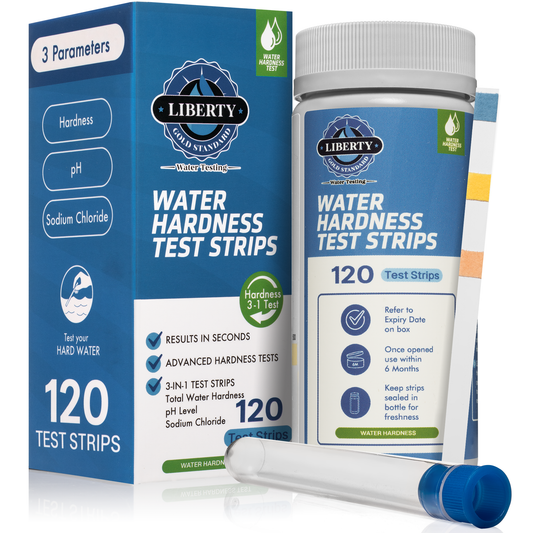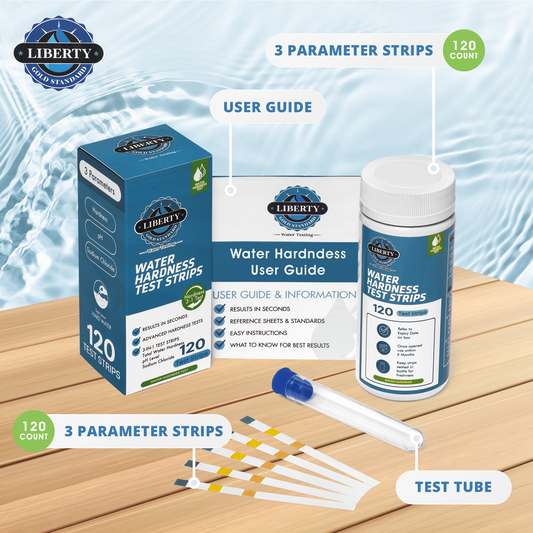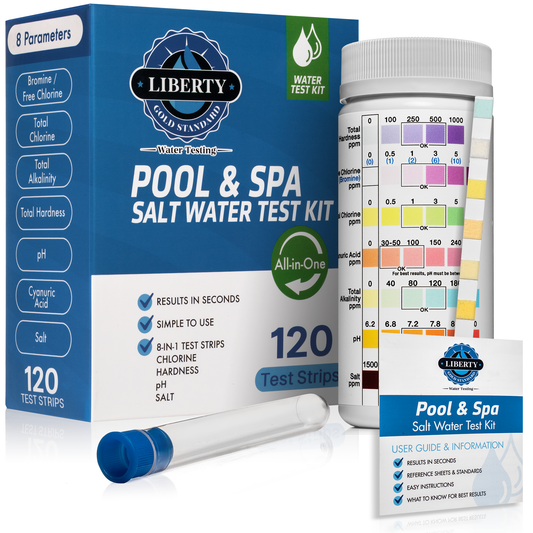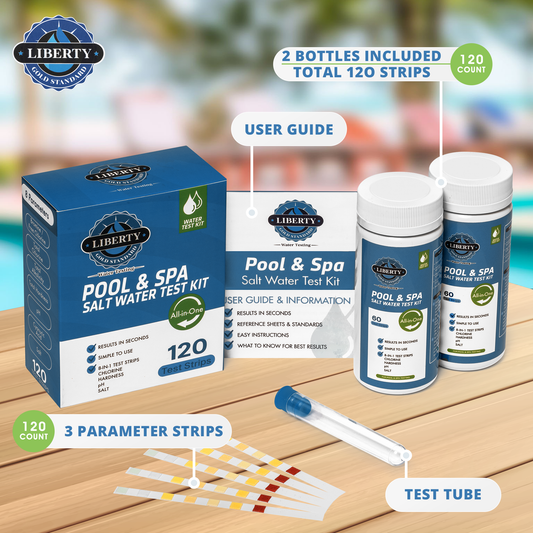What is BPA?
Bisphenol A (BPA) is a chemical compound that has been used for decades to make a variety of products, including plastic bottles, food cans, and epoxy resins. While BPA has been found to be safe for most people at low levels, there are growing concerns about its potential health risks, particularly for infants, children, and pregnant women.
BPA's Origins
BPA was first synthesized in 1891, but its widespread use began in the mid-20th century. It quickly became a popular choice for manufacturers due to its durability, low cost, and ability to prevent corrosion.
BPA in Drinking Water
BPA can leach into drinking water from several sources:
- Plastic water bottles: Older plastic water bottles, especially those made before the widespread adoption of BPA-free alternatives, may contain BPA.
- Canned food: The lining of some food cans is coated with epoxy resins containing BPA, which can leach into the food and subsequently into the water used to prepare or wash it.
- Water pipes: Some older water pipes may be lined with epoxy resins containing BPA, which can leach into the water. If you have an older home, BPA levels can raise to an unsafe level.

Health Concerns
While the FDA has deemed low levels of BPA exposure safe for most people, there are growing concerns about its potential health risks, including:
- Endocrine disruption: BPA has been linked to endocrine disruption, Endocrine disruption occurs when chemicals interfere with the body's endocrine system, which regulates hormone production and function. These hormones play crucial roles in various bodily processes, including growth, development, metabolism, and reproduction.
- Reproductive health issues: Some studies have suggested a connection between BPA exposure and reproductive health problems, such as infertility and miscarriage.
- Brain development: There are concerns that BPA exposure may affect brain development, particularly in infants and young children.
- Here is link to FDA site and studies on subject: https://www.fda.gov/food/food-packaging-other-substances-come-contact-food-information-consumers/bisphenol-bpa
Staying Safe
While it's difficult to completely eliminate BPA exposure, there are steps you can take to reduce your risk:
- Choose BPA-free products: Look for products labeled as "BPA-free," especially plastic water bottles and canned goods. If a product isn't labeled, keep in mind that some, but not all, plastics marked with recycle code 3 or 7 may contain BPA.
- Avoid heating plastic containers: Heating plastic containers can increase the likelihood of BPA leaching into food or beverages.
- Wash plastic containers thoroughly: Wash plastic containers with soap and water before using them, especially if they have been heated or scratched.
- Consider using alternative materials: Opt for glass, stainless steel, or ceramic containers whenever possible.
Test Your Drinking water for more than just BPA Levels:
While no at home testing kits currently exist for testing for BPA levels, you can still test for other harmful elements such as lead, chlorine, nitrates, fluoride and many other elements that can make your drinking water unsafe. Liberty Gold Standard offers all-in-one test kits that can help you test your water today.
Use discount code BPA15 and save 15% on your first purchase at checkout.
